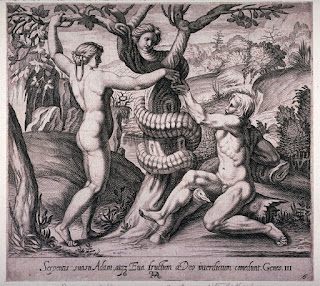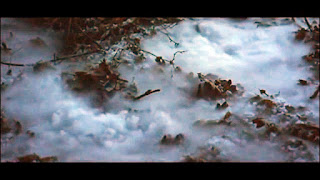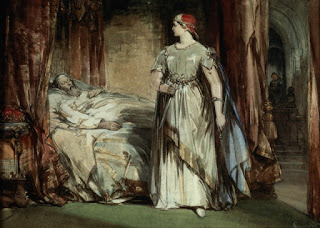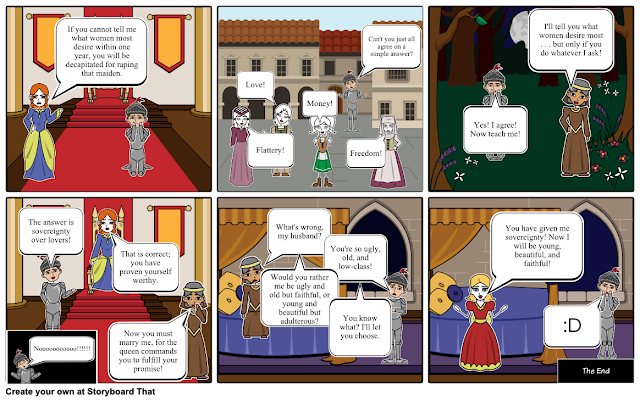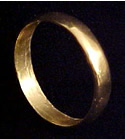Book 2
Book 2 opens up with Satan debating on whether he and his demons should try and fight God again to overthrow his power. I don't understand why they are still trying because they failed once already. Do they not understand that they cannot be greater than God? This section gives the arguments of the four demons on what they think they should do. Satan asks his demons what they think their best option would be: go to war or give it up. Why doesn't Satan just come up with the plan himself? Beelzebub says, "...seduce them to our party that their God may prove their foe and with repenting hand abolish His own works" (2.368-370). He believes that he can get God's people to follow them and leave their ruler. What are they thinking? https://www.google.com/url?sa=i&rct=j&q=&esrc=s&source=images&cd=&ved=0ahUKEwjK7Pf2o7_XAhXH7BQKHUxhBfMQjRwIBw&url=https%3A%2F%2Fvriley.edublogs.org%2Ftag%2Fparadise-lost%2F&psig=AOvVaw0iWeZ9N6g5F9DfRA-h2JeN...
